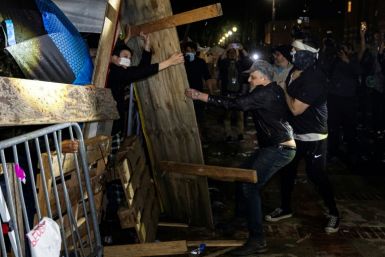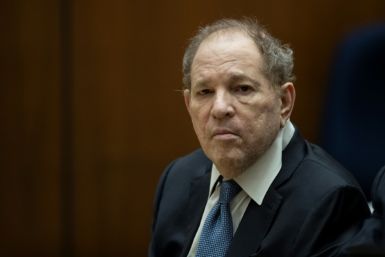Swiss National Claims He Won $57-M During a Slot Machine Game in Austria
A Swiss national filed a lawsuit against an Austrian casino operator, claiming that he was defrauded of some $57 million when the latter refused to pay the jackpot that the player won last year.
The Daily Mail identified the Swiss as 26-year-old Behar Merlaku, who told the court that he played at a casino in Bregenz, Austria where a slot machine had indicated that he hit the jackpot during a play-session.
However, Merlaku told the court that when he attempted to claim the pot, casino officials had informed him that the win was invalid as the machine that played on requires the completion of five-combination slot to constitute a jackpot.
On its news release, officials of Casinos Austria, which owns the Bregenz gambling spot and operates more casinos in other countries, countered that management is not obligated to issue payments to Merlaku since he had only completed four slots.
The alarms that sounded and all the lights that went on, announcing that the jackpot was snared by Merlaku, was due to software glitch and to compensate for the confusion, casino officials instead offered the Swiss a free meal plus a bonus of $100.
Merlaku flatly rejected the offer and months after the incident, had decided to launch a legal challenge on what he claimed as injustice that gave him countless sleepless nights.
According to Digital Trends, Merlaku recounted the heart-pounding moment, which he described: "There was music and the sum I had won - nearly 43 million Euros - was displayed on a screen."
He also admitted that at that time, thoughts of how he would enjoy the sudden windfall race through his mind, which only compounded his frustrations when his claim was denied by Casinos Austria officials.
"I was so overjoyed and in my head I began calculating what I could do with all this money ... I will fight for this until my death. I don't accept it. I can't sleep anymore and I constantly think about the injustice I've experienced," Merlaku was reported by Digital Trends as saying.
Local media reports said that an Austrian court is scheduled to hear the case starting January 2012.






